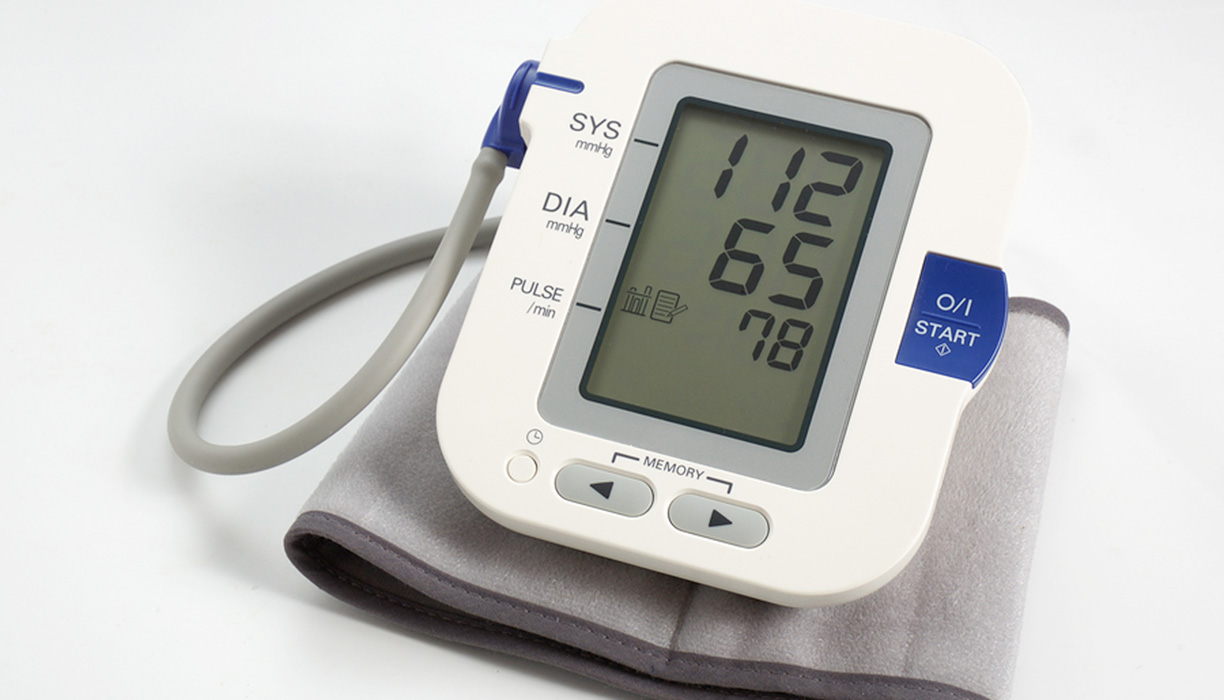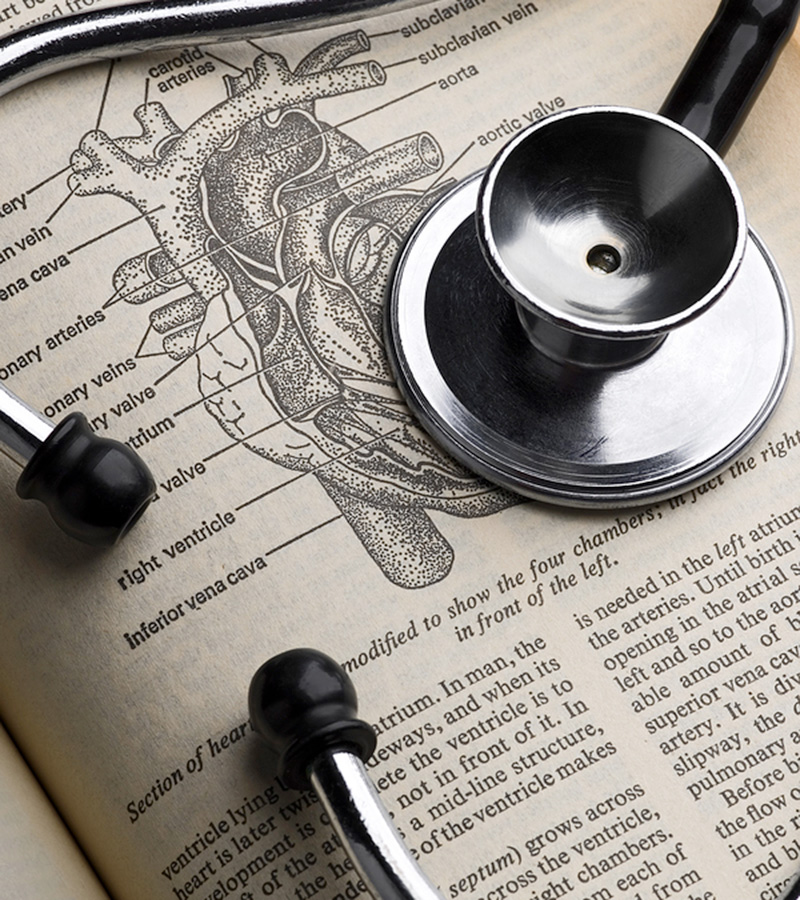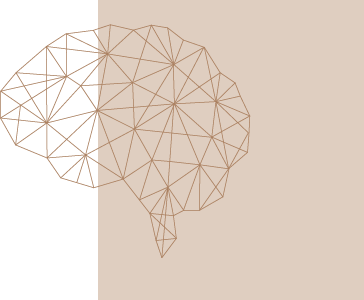EMG Studies

Electrodiagnosis, unlike many routine medical tests such as a blood study, is an extension of the Neurologist’s physical examination. The electrodiagnostic evaluation should be performed by a Neurologist who has had special training.
The time required to complete the study varies, but generally takes approximately ten to thirty minutes. There are no restrictions relative to activities before or after the test and no permanent after effects.
Electrodiagnostic studies can be helpful in evaluating weakness, numbness, pain and symptoms such as fatigue, cramps and abnormal sensation. The two main procedures used to study nerves and muscles are the needle electromyographic (EMG) examination and nerve conduction studies (NCS).
EMG
During an EMG, the Neurologist analyses the electrical activity in muscles by inserting a fine needle electrode (similar to an acupuncture needle) into selected muscles. Needle insertion may cause mild temporary discomfort. The needle is not used for injection and no shocks are given. The Neurologist can determine whether the muscle is working normally by seeing the electrical activity on a screen and listening over a speaker. Dr Goodheart discards his needles after use.
Nerve Conduction Studies
To perform nerve conduction studies, the Neurologist tapes small metal electrodes on the skin and applies a brief electric stimulus to one portion of the nerve. Nerve stimulation will cause a tingling sensation. The Neurologist can then evaluate the electrical response of the nerve or muscle to which the nerve is attached and determine if the nerve impulse is (a) conducted normally, (b) at a slow speed or (c) not transmitted at all, suggesting damage to the nerve.
Special Precautions
The patient does not need to do anything special to prepare for this test except to keep the skin free from any lotions or emollients on the day of the examination. Be sure to inform Dr. Goodheart, however, if you are taking blood thinning medication such as Warfarin or suffer with haemophilia. Patients with myesthenia gravis should ask their referring Doctor whether or not to take medications on the day of the test.
Results
Dr. Goodheart interprets the results of the electrodiagnostic studies. Thereafter, a report is sent to the referring Physician who will then be in a position to co-ordinate further treatment.




